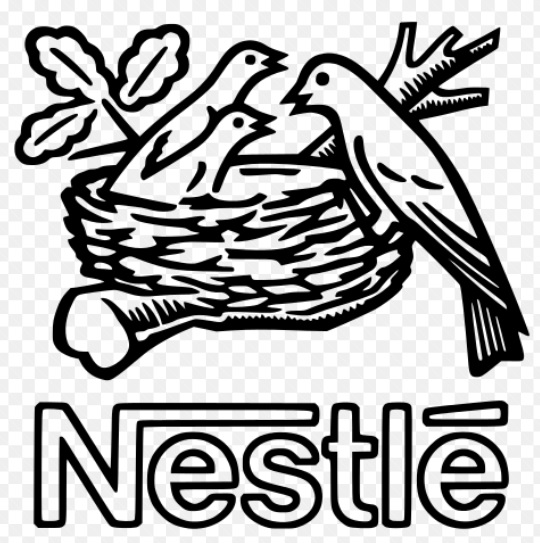Nestlé Champions Food Safety in Central and West Africa: A Holistic Approach from Farm to Table
According to the World Health Organization (WHO), about 98% of the global food safety burden comes from underdeveloped nations, with Africa experiencing a high incidence of deaths and hospitalizations due to food safety issues.

Ensuring food safety in Central and West Africa presents a multifaceted challenge, requiring coordinated efforts from various stakeholders, including Food and Beverage companies. According to the World Health Organization (WHO), about 98% of the global food safety burden comes from underdeveloped nations, with Africa experiencing a high incidence of deaths and hospitalizations due to food safety issues. To address these challenges effectively, a holistic and collaborative approach is essential.
Nestlé’s Commitment to Food Safety
Nestlé has demonstrated a deep commitment to ensuring the safety of its products in Central and West Africa. The company’s dedication to food safety begins at the source, focusing on sustainable and safe agricultural practices by working closely with local farmers. This partnership ensures that the raw materials used in Nestlé’s products meet the highest safety standards.
Key Strategies Implemented by Nestlé:
Rigorous Supplier Audits: Nestlé conducts stringent audits of its suppliers to ensure compliance with food safety standards. This process helps in identifying and mitigating potential risks early in the supply chain.
Advanced Manufacturing Practices: Once raw materials reach Nestlé’s manufacturing facilities, they undergo thorough quality checks at every stage of production. The company employs advanced technologies to detect and eliminate potential contaminants, ensuring that the final products are safe for consumption.
Employee Training: Nestlé invests heavily in training its employees to foster a culture of food safety and vigilance. Continuous education and training help employees stay updated on the latest food safety practices and standards.
Transparency and Consumer Empowerment: By maintaining transparency with consumers through clear labeling and communication, Nestlé empowers customers to make informed decisions about the food they consume. This openness helps build trust and ensures that consumers are aware of the safety measures in place.
Research and Development: Nestlé invests significantly in research and development to stay ahead of potential food safety challenges. By leveraging the latest scientific advancements and collaborating with industry experts, the company is well-equipped to respond to new threats and ensure the ongoing safety of its products.
Statements from Nestlé Leadership
Mauricio Alarcón, CEO of Nestlé Central and West Africa, emphasized the company’s commitment to food safety, stating:
“At Nestlé, the safety and quality of our products are paramount. Every product must meet the highest standards of safety from farm to table. By working closely with farmers and suppliers, rigorously testing products, and continually improving processes, we are committed to keeping providing consumers with safe, nutritious, and high-quality food.”
He added:
“By adopting comprehensive food safety practices and being vigilant at every stage of the food chain, we can ensure that the food we consume is safe and healthy. This commitment not only protects public health but also supports economic growth and sustainable development in the region.”
World Food Safety Day
World Food Safety Day highlights the importance of being prepared for food safety incidents, underscoring the need for coordinated efforts from all stakeholders in Central and West Africa. By adopting comprehensive food safety practices and maintaining vigilance throughout the food chain, companies like Nestlé play a crucial role in ensuring that the food consumed by millions is both safe and healthy. This collective effort not only protects public health but also contributes to economic growth and sustainable development in the region.
- READ MORE ON:
- Nestlé
- World Health Organization
- World Food Safety Day










